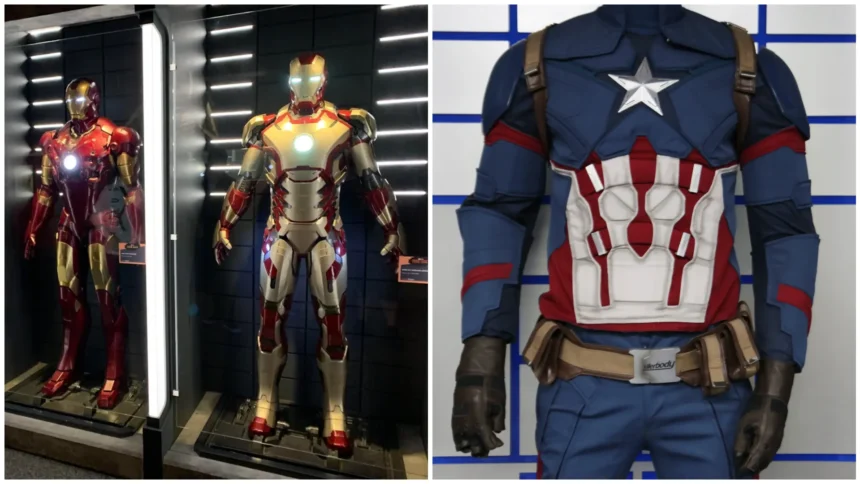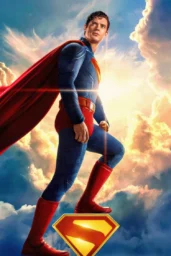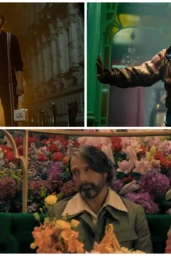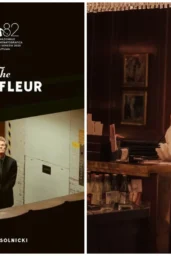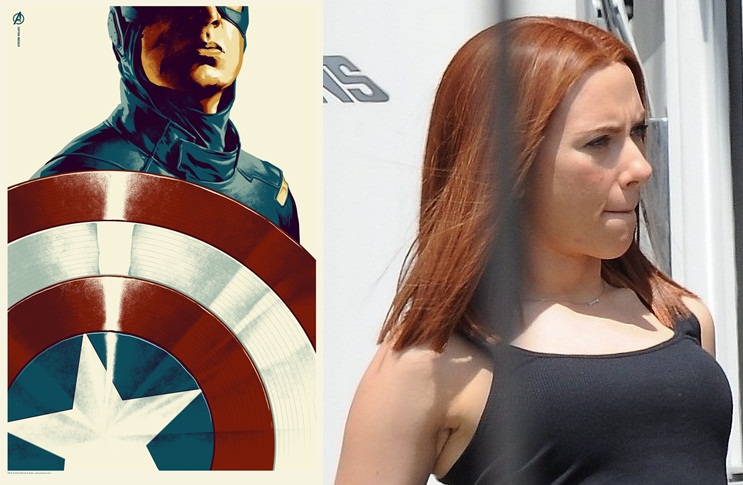You ever get the sense you've seen the same movie twice without realizing it? That's how it felt walking out of “Endgame”—the end was never going to last. Marvel, debt-ridden with its own success, has confirmed the worst-kept secret in Hollywood: Iron Man and Captain America, those mass-produced sacred cows, are headed back out to pasture—fresh-faced, rebranded, ready to sell the same T-shirt twice.
This isn't a reboot, they say. No, Kevin Feige is allergic to the word. “Reset,” he suggests instead, as if rebranding an old car with new hubcaps will keep the wheels from falling off. The decision isn't bold, it's inevitable; blockbusters are built on repetition, not risk. And yet, Feige's timing is precise—clean break coming 2027, just after “Avengers: Secret Wars” and the dawn of Marvel's X-Men. The details were confirmed (finally, for what that's worth) to Variety, the industry's digital confession booth.
Let's be honest. They could cast the Easter Bunny as Iron Man and the box office would still ring like a slot machine—at least, for a while. Hollywood loves precedent. James Bond wore six faces. Batman's gone through so many jaws, you'd think the role required dental insurance. It works until it doesn't. The character lingers, even as the actor cashes out. Sean Connery's Bond, Christopher Reeve's Superman—irreproducible to some, but always replaced.
The MCU, for a decade and change, stood apart—its loyalty to casting was almost quaint. They held onto their originals as the world spun faster and the audience's appetite for “new old things” grew insatiable. But comics have always played Calvinball with continuity: reboots, resets, alternate timelines. Why pretend cinema's any nobler? The X-Men—whose fresh crop of actors will lead the new charge—have been played by more people than I care to count. And yet, here comes Marvel, trailing a decade behind, calling it innovation.
What's at stake? Only the entire concept of “legacy” in modern blockbuster filmmaking. To be clear: Robert Downey Jr.'s Iron Man isn't just a role. It's the quickening pulse of a studio, a billion-dollar brand, and a generation's shortcut to self-actualization. But at some point, your icons die or retire; the tentpoles start to rust. The honest solution—if you're a studio exec with bills to pay—is to slap on a new face, call it a reset, and pray the public keeps cheering. Frankly, that's the job.
Feige's quote sticks with me: “How are they going to ever replace Sean Connery [as James Bond], right?” You don't—you just slip in the next man and hope the crowd's too busy with popcorn to notice. Cinematic immortality isn't about the actor; it's about the costume fitting somebody, anybody, who can hit their marks. Comics understood. Studios, late to the party, are just learning the same trick.
Circle your calendar—the reset mechanism pulls at the lever after “Secret Wars” in 2027. That's when the door swings open for the next Iron Man, the next Steve Rogers. (And, inevitably, the outrage cycle hits social media like clockwork. Save yourself the time.)
I've watched it all before—different faces, one story. Hollywood, like all industries past their first flush of youth, sells the illusion of change without the risk of evolution. Meet the new boss, same as the old boss.
Does it cheapen the legacy? Sometimes. Does it make money? You know it does.
Do I buy it? Not really. But I've been buying tickets for fifty years—and as history proves, nostalgia is the only resource more renewable than franchise IP.

